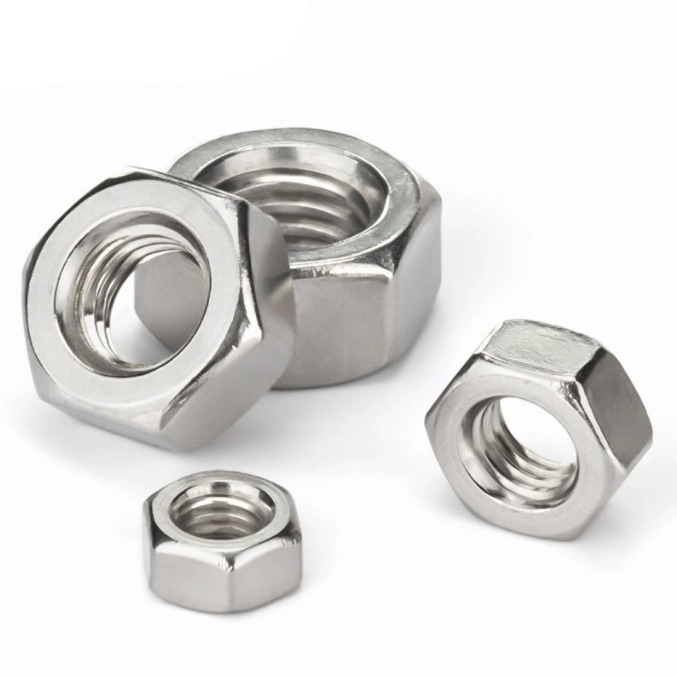

stud bolt washer - fastener
Sep . 10, 2024 23:08 Back to list
stud bolt washer - fastener
Understanding Stud Bolt Washers Essential Fasteners in Engineering
In the realm of fasteners, the stud bolt washer plays a crucial role in ensuring the stability and reliability of various industrial applications. Whether in construction, automotive, or aerospace engineering, the proper use of washers can greatly enhance the effectiveness of bolt systems, preventing loosening and ensuring tight connections. This article delves into the significance, types, and applications of stud bolt washers.
What Is a Stud Bolt Washer?
A stud bolt washer is a flat disc-shaped component that is placed between the head of a bolt and the surface it is being fastened to. Its primary function is to distribute the load and reduce the risk of damage to the connecting surfaces. By providing a larger bearing area, washers prevent the bolt from pulling through the material and help maintain consistent tension, which is critical in high-stress environments.
Importance of Washers in Bolt Applications
The use of washers in stud bolt assemblies is not merely a matter of convenience; it is often a necessity. Without washers, the concentrated force of the bolt head could lead to deformation or wear of the material being clamped. This can result in a variety of issues, including leaks in mechanical systems, potential structural failures, or even catastrophic accidents in sensitive equipment. Thus, washers act as an essential safeguard in ensuring the longevity and reliability of bolted joints.
Types of Stud Bolt Washers
Stud bolt washers come in various materials and designs, each suited for different applications
. Common types includestud bolt washer - fastener

1. Flat Washers The most basic design, flat washers provide a simple bearing surface and are typically made from steel, aluminum, or plastic.
2. Spring Washers Also known as lock washers, these are used to exert a preload and maintain tension in applications where vibration could cause loosening.
3. Fender Washers With a larger outer diameter than standard flat washers, fender washers provide extra surface area for applications requiring heavier loads or wider bearing surfaces.
4. Belleville Washers These conical-shaped washers are used in applications needing high spring force in a compact form; they are ideal for absorbing shock and compensating for thermal expansion.
Applications of Stud Bolt Washers
From automotive engines to construction beams, the applications of stud bolt washers are vast. In the automotive industry, they are used to secure engine components, ensuring that parts remain fixed during operation. In construction, washers help fasten structural connections, such as beams and columns, enhancing overall building integrity. The aerospace sector also extensively utilizes stud bolt washers, as they are vital for maintaining the connections in high-performance aircraft.
Conclusion
In summary, stud bolt washers are indispensable components in various engineering fields, providing load distribution, enhancing connection integrity, and preventing potential failures. Choosing the right type of washer and understanding its properties can significantly affect the overall performance and safety of mechanical systems. As industries continue to evolve, the importance of these small but mighty fasteners will undoubtedly remain vital in maintaining practical and reliable engineering applications.
Latest news
-
Premium Fasteners Manufacturer | AI-Driven Solutions
NewsAug.01,2025
-
Hot Dip Galvanized Bolts - Hebei Longze | High Strength, Corrosion Resistance
NewsAug.01,2025
-
High-Strength Hot Dip Galvanized Bolts - LongZe | Corrosion Resistance, Custom Sizes
NewsAug.01,2025
-
Best Self Tapping Screws for Drywall - Fast & Secure Installation
NewsJul.31,2025
-
High-Strength Hot Dip Galvanized Bolts-Hebei Longze|Corrosion Resistance&Customization
NewsJul.31,2025
-
Hot Dip Galvanized Bolts-Hebei Longze Metal Products|Corrosion Resistance&High Strength
NewsJul.31,2025

